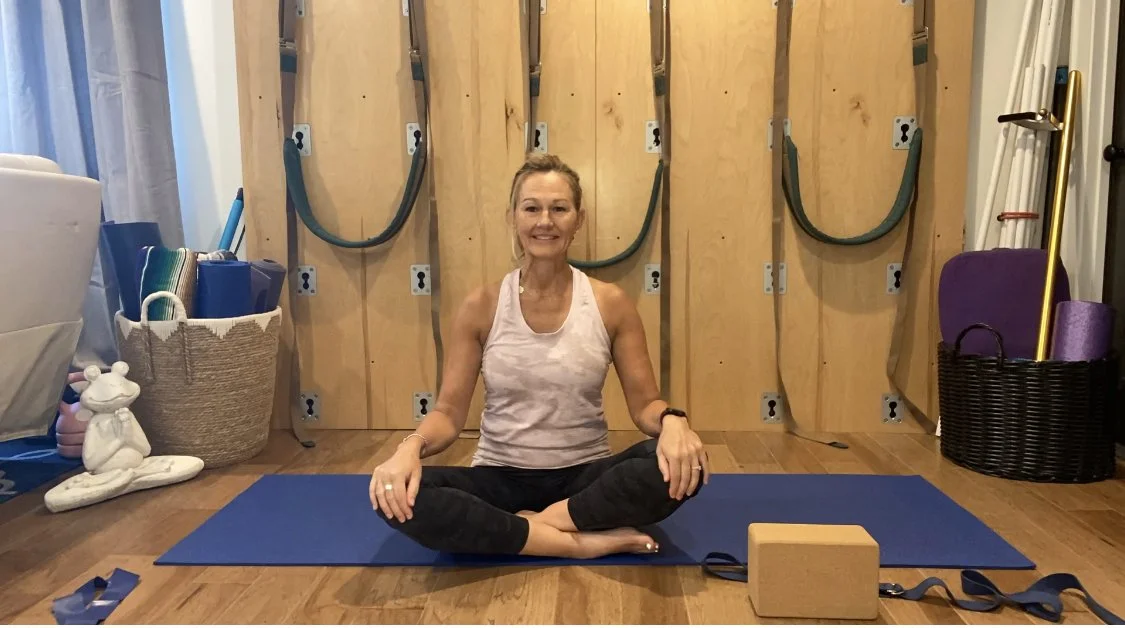Hormonal changes are an inevitable part of being a woman. Beginning with puberty, hormones are the driving force behind every phase of life…. affecting not only your reproductive organs (ovaries and uterus), but also the musculoskeletal system (muscles and joints), the cardiovascular system (heart and lungs), the brain (cognition and emotions), the immune system, and just about every process in the body.
Hormones reach their peak in the reproductive years (20’ and 30’s) then slowly start to slide chaotically downhill as you reach perimenopause and menopause (40’, 50’s, 60’s and beyond). Some research shows that women spend about 10 years in the perimenopausal phase ; reporting multiple physical, emotional, cognitive, and autoimmune changes in their bodies. Many women become over medicated with pharmacological remedies that act as a bandaid but do not really improve longevity or quality of life.
Many women experience major pelvic floor issues during this time including :vaginal dryness, atrophy, pelvic pain, chronic UTIs, interstitial cystitis, urinary/fecal leakage, constipation, prolapse, pain with intercourse and low desire. More often than not, these symptoms go untreated and undiagnosed for 2 reasons:
Women have come to believe that this is a normal part of aging so they do not talk to their doctor about it
Doctors do not know enough about hormone changes or pelvic floor dysfunction to offer viable treatments beyond pharmaceuticals
How do hormonal changes cause problems DOWN THERE? Vaginal tissues have a huge amount of hormone receptors, especially estrogen and testosterone. Hormones keep the muscles and tissues of the pelvic floor vibrant, juicy, and flexible so they can perform their many functions in the body. As hormone levels drop during perimenopause and menopause these muscles and tissues become weaker , making it difficult to function properly. This leads to organ prolapse , leakage, and many other symptoms.
The pelvic floor is actually 3 layers of muscles that form a bowl that supports the organs in the body as part of the core.
How do we manage these changes? The goal of optimizing health as a woman is to glide through this time of hormonal chaos with ease and grace. The way you eat, move, think, and sleep are the primary drivers to managing your health. You will find that the things you did in your 20’s and 30’s don’t work anymore. Finding the right lifestyle plan for your body is the key. Having a pelvic floor assessment is the best way to determine the root cause of your symptoms DOWN THERE. Health coaching is a great way to determine exactly where you are in your journey and determine a plan to move forward. Getting advice on menopausal hormone therapy to not only mitigate symptoms, but to protect your heart, muscles, bones, and brain from the horrible effects of low estrogen (yes- I’m talking about heart disease, muscle atrophy, osteoporosis, and dementia).
Scheduling your pelvic floor assessment is a great first step in your journey to reclaim your health and live a longer life with less dis-ease!
What is a pelvic floor assessment? What should I expect?? As a physical therapist with 30 years of patient care experience including orthopedics, women’s health and nutrition coaching, longevity training, and pelvic floor rehab…. I perform a holistic and comprehensive assessment of each and every patient. This includes evaluating posture and alignment, muscle asymmetries, and fascial restrictions in the whole body. We also discuss nutrition, life stressors, exercise, sleep habits, and family support. An internal assessment is performed to determine muscle tone and function of the pelvic floor muscles (this is optional depending on patient comfort level). All of this information is molded together to determine your specific pathway to healing. Recommendations may include: relaxation techniques, strengthening and stretching exercises, natural supplements and adaptogens, nourishing foods, hydration, and sleep hygiene.
If you have questions about hormonal balance and what is going on DOWN THERE then contact me today for a complementary 15 minute phone consultation :)











